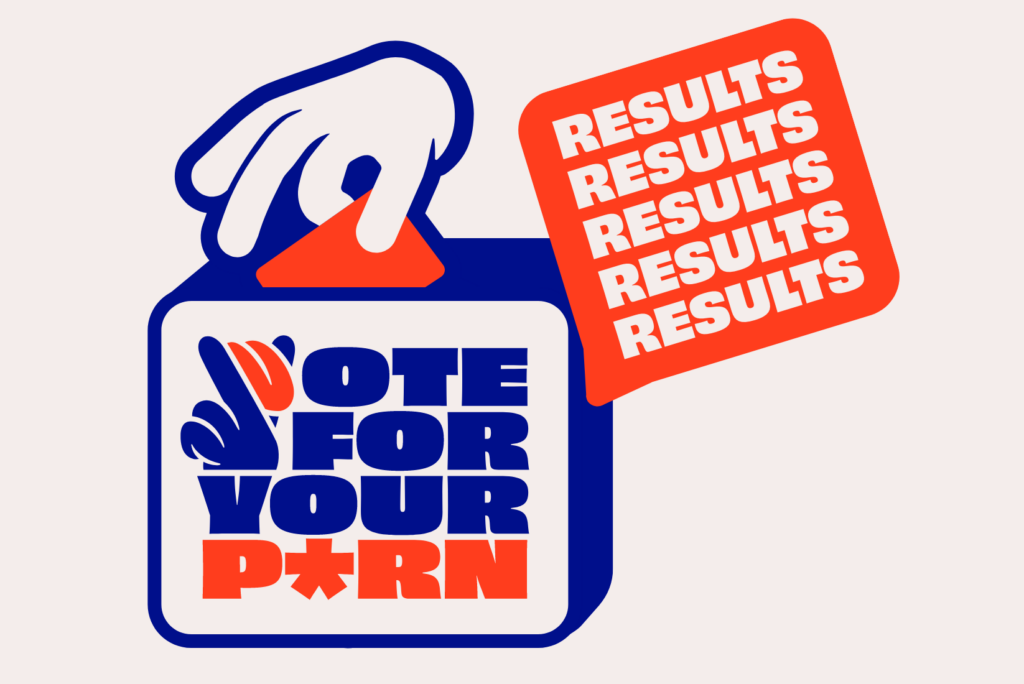I began by asking Jules where she was.
How does sex work with clients with disabilities differ from sex work with clients without any?
Jules’ agency at the time would send her clients with various mental and physical disabilities. She once got in trouble for giving an autistic client dating tips. Another client was fully paralysed, and would get off from dirty talking with her. She had to be very careful not to move any of the tubes in his nose, or else he might have died, “but otherwise it was great sex”, she laughs. She also tells me about a client who recently decided to end his life and left her a selection of movies they had previously talked about. Some clients get frustrated and complain when they cannot get a hard on because of their condition or medication. “I don’t mind. Don’t give me flowers but I know what to do to make someone come”, she smirks, adding that situations can obviously become dangerous. “We do need to be careful sometimes”. Relationships with clients and their specific requests vary like in any other form of sex work.
The agency would send her a file with information about her client, their disability but also what they like, where they wanted to be touched. “At the same time they are good, much better than adults without disabilities, at communicating their needs. They are used to being manipulated in various ways, and know what gives them pleasure.” A session starts with “a little chat about their needs”, each other’s limits, which tubes better not to touch. “Just like with every client I will then check the time and pick the best moment for them to have an orgasm. To have time to talk and cuddle and clean ourselves”. Afterwards, the agency would send her a little update. Some clients Jules would see regularly, like the person who got prescribed and state-subsidised biweekly sessions with her. Others save up all year to see her. Prices vary, but on average an hour of her service costs about 200 Euros. Jules thinks states should support their citizens with disabilities to exploring their sexuality. “I think it’s good to allow everyone access”.
Can you tell us about your sex work activism? And how we can make sex work safe?
Her activism, however, concerns the rights of sex workers themselves. Through ESWA, where Jules specialises in health, she conducts research and advocates for the protection of sex workers. Similar to Amnesty International, she argues that full decriminalisation is the best way to make sex work safe. “Any form of criminalisation puts sex workers in less powerful positions when negotiating with clients”.
This was also evident during the pandemic: “It was not allowed to do sex work, sex workers could not be contacted through the state, and they ended up having to work in much more dangerous circumstances”. Criminalising clients but not sex workers is similarly dangerous. In what is called the “Nordic Model” or the “End Demand Model”, clients refuse to share their identity in advance, and brothels also stop serving as safeguards in order to prevent human trafficking, violence, and forced prostitution. “One thing is clear: Criminalising the only way some people can make money is not going to help them”. Instead, states should make sure doing sex work is a free decision by supporting vulnerable persons through money, education and better migration policies.









